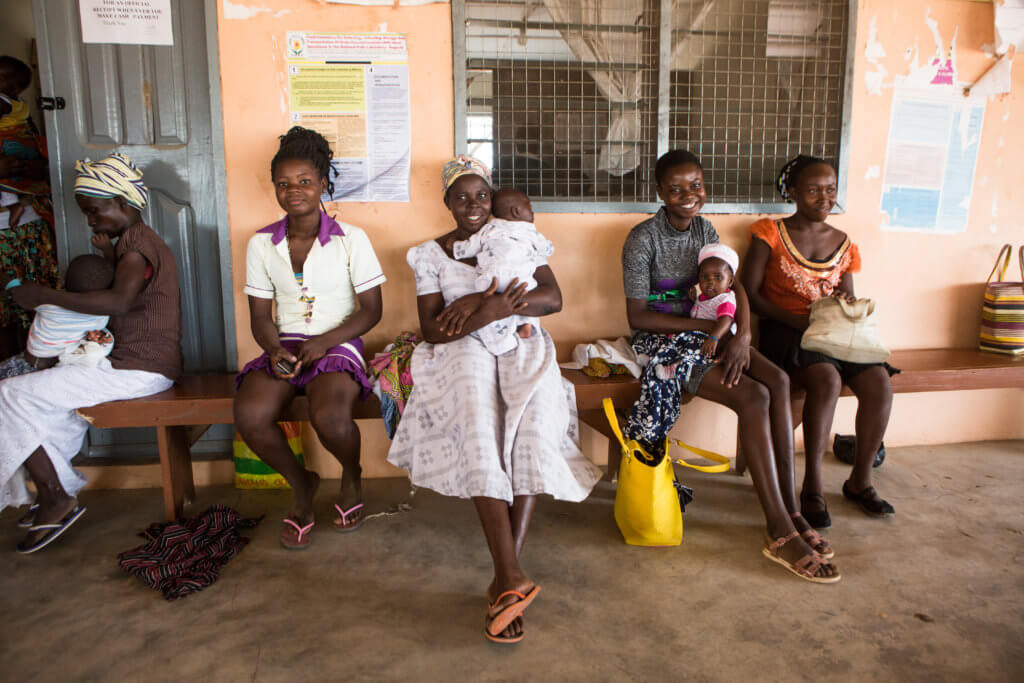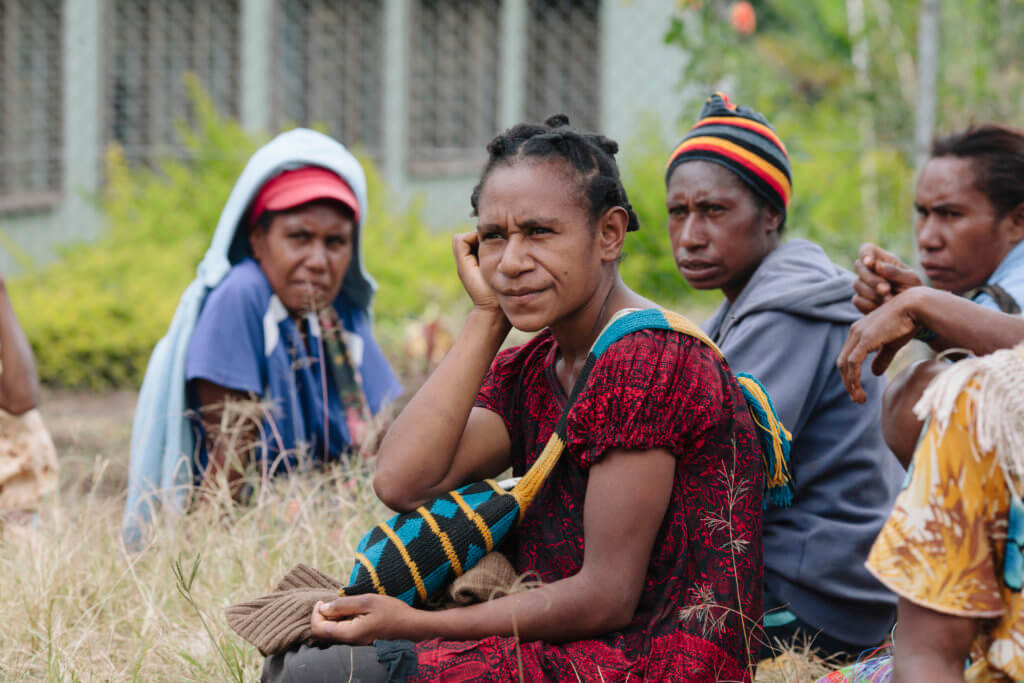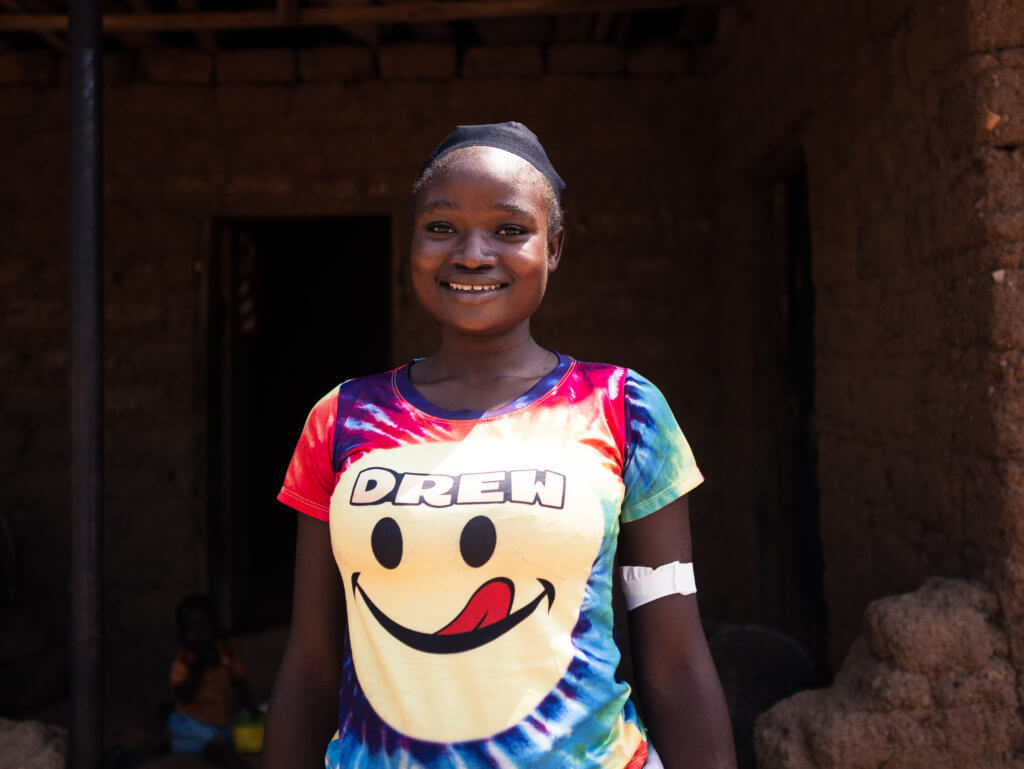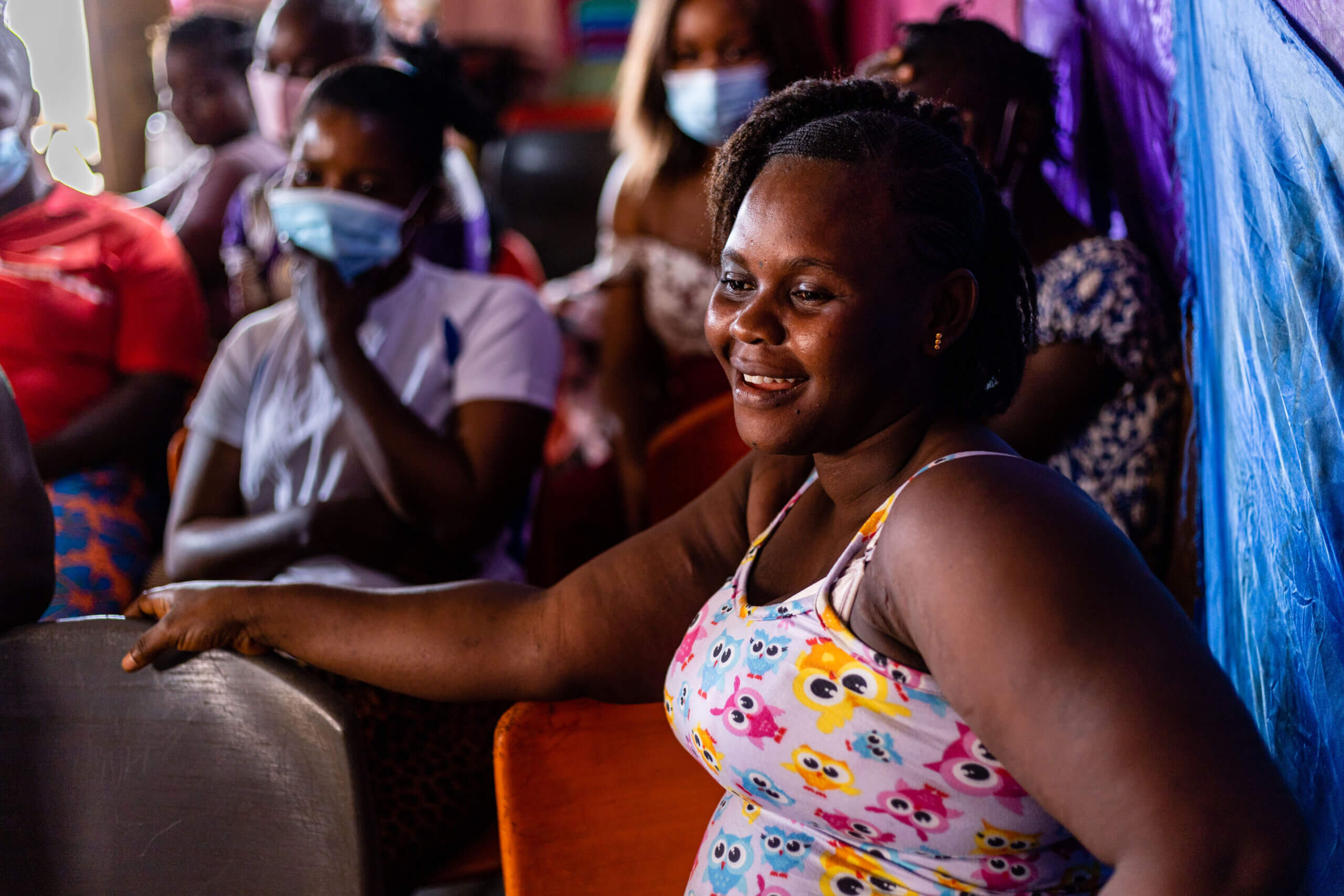Reducing maternal mortality through choice
Throughout 2020, about 800 women died everyday from causes related to pregnancy and childbirth. The majority of these deaths were preventable. There’s a well-documented and affordable approach to reducing pregnancy-related deaths: Ensure access to contraception and safe abortion. When women have access to reproductive healthcare, maternal mortality decreases.
The role of contraception in reducing maternal mortality
Almost 95% of all maternal deaths occur in low- and middle-income countries. where maternal mortality rates remain a significant public health issue. But research across many countries shows that when women have access to contraception, pregnancy-related deaths decrease.
When women are able to plan their pregnancies, they are more likely to have healthier pregnancies and childbirth experiences. Specifically, contraception helps reduce pregnancy-related deaths by reducing the riskiest pregnancies. Women can space their births, avoiding pregnancies too close together. They are also less likely to seek unsafe abortions. And teen girls, who face high rates of pregnancy complications, can avoid dangerous pregnancies.

Helping women space their births
The World Health Organization recommends at least 2 years between pregnancies. Becoming pregnant again sooner than that can increase the risk of dangerous complications. But spacing births is not easy for many women around the world. .
Prior to MSI’s presence in Papua New Guinea, Emilie gave birth to her fourth child at the Angau Memorial Hospital. Although Emilie gave birth to a healthy baby, caring for a large family was a challenge. In Papua New Guinea, women in rural areas live on an average of $0.77 USD a day—leaving most of the population in poverty.
In 2022, Gaudi, an MSI nurse, came to Emilie’s town. Gaudi works to provide free services for women in the post-natal ward at the Angau Memorial Hospital, where she counsels the mothers on how spacing their birth can help both them and their families. Emilie left the hospital with a 5-year contraceptive implant.
“I want to allow my body to heal between pregnancies,” she told us. “Having this implant means I don’t have to worry about getting pregnant again. I can have time to raise my kids better.”
Despite the clear benefits of spacing births, an estimated 218 million women in developing regions want to avoid pregnancy but are not using safe and effective family planning methods. They face barriers such as lack of information about contraception, cultural and religious beliefs, and most significantly, limited access to healthcare services. By addressing these barriers, MSI is helping reduce maternal mortality.

Reducing unsafe abortion
Up to 13% of pregnancy-related deaths are from unsafe abortions. Being able to access contraception reduces the demand for unsafe abortions—helping women live healthier lives. But even with access to sexuality education and contraception, women will still face unintended pregnancies. Many will seek an abortion. Without access to safe abortion options, some will turn to methods that cause deadly infections and lifelong disabilities. Too many will die.
That’s why along with contraception and education, access to safe abortion is crucial to reducing maternal mortality.
Before the 2005 legalization of abortion in Ethiopia, approximately one-third of all maternal deaths in the country could be attributed to unsafe abortion. “In an average week, two or three women died in clinics across the country,” Abebe Shibru, MSI Ethiopia’s country director said.
After abortion was legalized, maternal mortality due to unsafe abortion dropped from 33% to 1% in Ethiopia. When legal abortion is available, women were able to end their pregnancies safely and access a range of other reproductive healthcare services.
Preventing maternal mortality from teen pregnancies
Teen pregnancies have higher rates of complications for both the young mothers and their children. In fact, pregnancy continues to be the leading cause of death for teen girls aged 15-19 worldwide.
Beginning in 2017, MSI has focused on delivering adolescent services. As a result, we’ve served over 3.5 million adolescents worldwide with high-quality sexual and reproductive health care.
Before MSI reached her village in Nigeria, Naomi, a 19-year-old mother of three, had received no information about contraception. She wanted to avoid another pregnancy, but did not have many options in her remote community. “I want to have a break from having children,” Naomi shared with us, “I want my kids to grow bigger, so they can go to school.”

After learning about her options, Naomi chose a contraceptive implant that will protect her from unintended pregnancy for five years.
Naomi’s story isn’t unique. Of the 21 million adolescent pregnancies each year in low- and middle-income countries, around 50% are unintended. By preventing adolescent pregnancies through proper services and education, we can reduce the rate of maternal mortality deaths among girls.
Progress on reducing the maternal mortality rate has slowed in the past decade. This is likely due to barriers to access to care, such as the COVID-19 pandemic and lack of investment in proper maternal care. By continuing to expand contraception access, along with other sexual and reproductive healthcare services, we can regain momentum and continue reducing maternal mortality worldwide.






